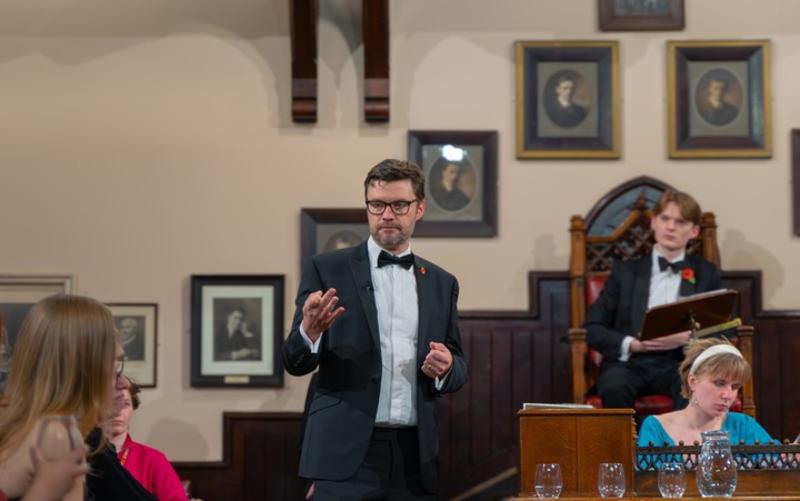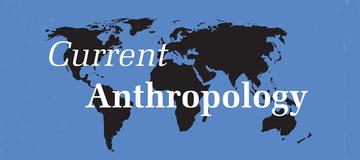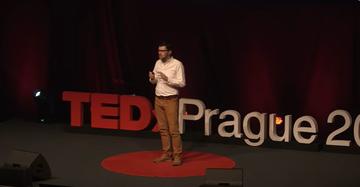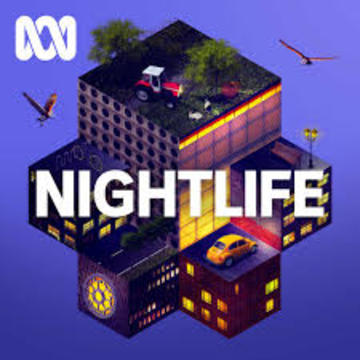The Morality-as-Cooperation Lab
The Morality-as-Cooperation Lab
The goal of The Morality-as-Cooperation Lab is to understand the nature, content and structure of human morality. This involves tackling such questions as: What is morality? Where does morality come from? What is morality for? How can morality be measured? And how does morality vary across cultures? To answer these questions, we employ a range of techniques from philosophy, experimental and social psychology, and comparative anthropology.
Our working hypothesis is that morality is a collection of cooperative rules – rules that help us get along, work together, keep the peace, and promote the common good. This theory of ‘morality and cooperation’ (MAC) uses evolutionary game theory to identify distinct problems of cooperation and their solutions; and it predicts that rules promoting cooperative behaviour – such as (1) caring for family, (2) helping one’s group, (3) reciprocating favours, (4) being brave, (5) deferring to superiors, (6) dividing disputed resources, and (7) respecting property – form the basis of all human morality.
Previous work has included: the development of a new self-report measure of moral values – the Morality-as-Cooperation Questionnaire (MAC-Q) – which provides evidence of the existence of (at least) seven distinct moral intuitions; and a comprehensive survey of the ethnographic records of 60 societies, which found that, contrary to widely-held moral relativist views, these seven types of morality are universal across cultures. A follow-up study – that used a new Morality-as-Cooperation Dictionary (MAC-D) and Linguistic Inquiry and Word Count (LIWC) to machine-code the ethnographic records of a further 196 societies – found further support for this conclusion.
Other projects have included looking at: the neuroanatomical basis of morality, the relationship between morality and politics, and the role of cooperation in conservation.
Current projects include: using the MACQ to investigate the heritability of moral values, and how morals vary cross-culturally; and developing a new extended Morality-as-Cooperation Dictionary (eMAC-D) to enhance the analysis of moral corpora.

Key Questions
Learn more about our approaches to the key questions guiding this research.
MAC explains seven basic moral values: love, loyalty, reciprocity, heroism, deference, fairness and property rights. Previous work has shown how these seven basic moral 'elements' combine to form a large number of more complex moral 'molecules', thereby expanding the reach of the theory. Can this cooperative framework be extended to include other, as yet unexplained moral values – such as sympathy, honesty, purity, and liberty? Do they represent additional, yet to be identified forms of cooperation? Or might there be more to morality than cooperation?
Previous research suggests that the moral goodness of an action depends not only on the benefit provided to others, but on the cost incurred to provide that benefit. A good act involves a large cost for a relatively small benefit. Does the same logic apply to moral badness? Do bad acts involve imposing a large cost for a relatively small benefit? And are evil acts at the extreme end of this curve? To answer these questions we will compile a database of 100s of social behaviours, and have them rated for cost, benefit and moral goodness/badness by a large cross-cultural sample. This project promises to provide a scientific account of the nature of evil.
Previous research suggests that people find it rewarding to be kind to others – they are 'happy to help'. And yet, people don’t always take the opportunity to be kind. What’s stopping them? What are the main barriers to kindness, and how can we overcome them? To answer these questions we will compile a comprehensive list of potential 'barriers to kindness', have them rated by a large sample of the general public, and use thematic and factor analysis to identify the most common types of barriers. We will then investigate whether measuring individuals' existing level of kindness, and recommending acts just above their current level, provides an effective means of nudging people to create a kinder more cooperative world.
Events
Outputs
-
Alfano, M., Cheong, M., & Curry, O. S. (2024). Moral universals: A machine-reading analysis of 256 societies, Heliyon, 10(6).
-
Jędryczka, W., Misiak, M. & Whitehouse, H. (2023). Explaining Political Polarization Over Abortion: The Role of Moral Values Among Conservatives, Social Psychology, 54(4).
-
Curry, O. S., Alfano, M., Brandt, M. J., & Pelican, C. (2022). Moral Molecules: Morality as a Combinatorial System, Review of Philosophy and Psychology, 13(4), 1039-1058.
-
Curry, O. S., Jones Chesters, M., & Van Lissa, C. J. (2019). Mapping morality with a compass: Testing the theory of ‘morality-as-cooperation’ with a new questionnaire, Journal of Research in Personality, 78, 106-124.
-
Curry, O. S., Mullins, D. A., & Whitehouse, H. (2019). Is it good to cooperate? Testing the theory of morality-as-cooperation in 60 societies, Current Anthropology, 60(1), 47-69.
-
Curry, O. S., Rowland, L. A., Van Lissa, C. J., Zlotowitz, S., McAlaney, J., & Whitehouse, H. (2018). Happy to help? A systematic review and meta-analysis of the effects of performing acts of kindness on the well-being of the actor, Journal of Experimental Social Psychology, 76, 320-329.
-
Götter, M. (2024). Do we need God to be good?, Der Pragmaticus - Whitehouse, H. (2024) Do you need religion to be a moral person?, Big Think
-
Curry, O. S., Alfano, M., Brandt, M. J., & Pelican, C. (2021). ‘Moral molecules’ – a new theory of what goodness is made of, Psyche
-
Curry, O. S. (2019). What’s Wrong with Moral Foundations Theory, and How to get Moral Psychology Right, Behavioral Scientist
-
What we do and don't know about kindness - BBC Future
BBC Future
22 September 2021 -
Everyone everywhere shares seven universal moral rules, Oxford University finds
The Daily Telegraph
08 February 2019 -
These seven moral rules unite human beings, according to research
World Economic Forum
18 March 2019
Oliver Scott Curry | How to be good | TEDxPrague
Harvey Whitehouse | The Science of Morality | Harvard University Press
Oliver Scott Curry | How we think about evil | BBC Radio 4
Harvey Whitehouse | Do you need to believe in God to be moral? | Nightlife







